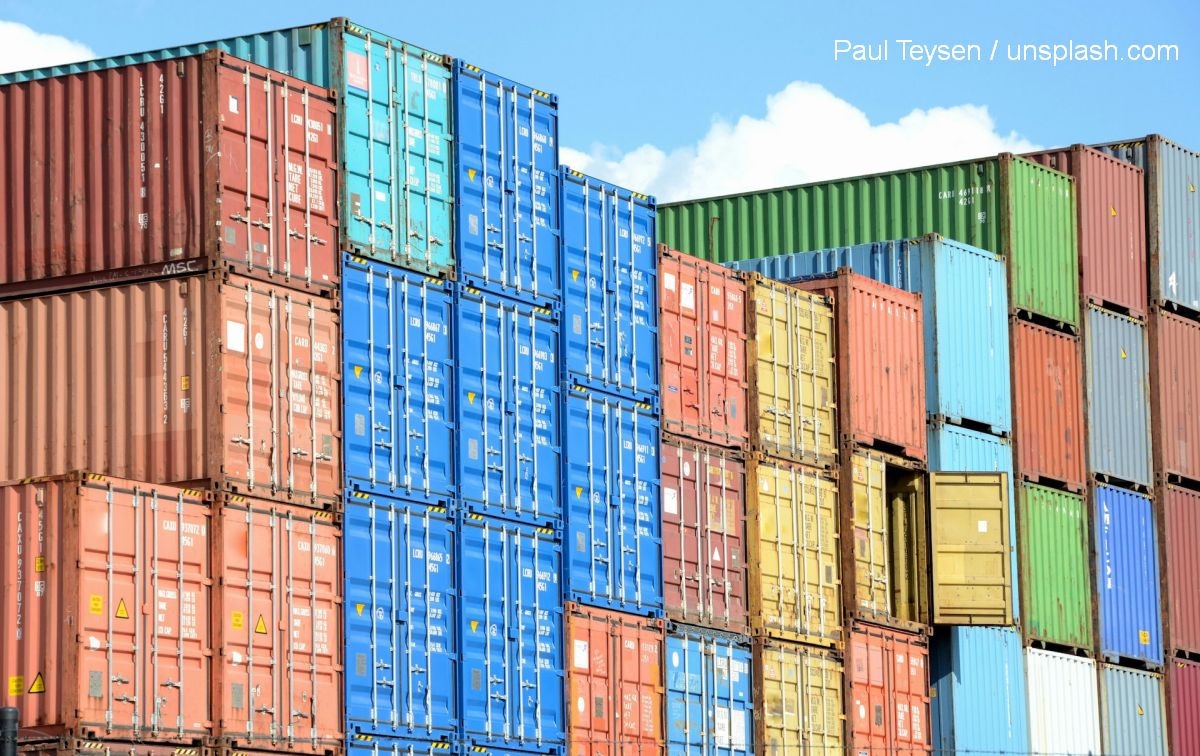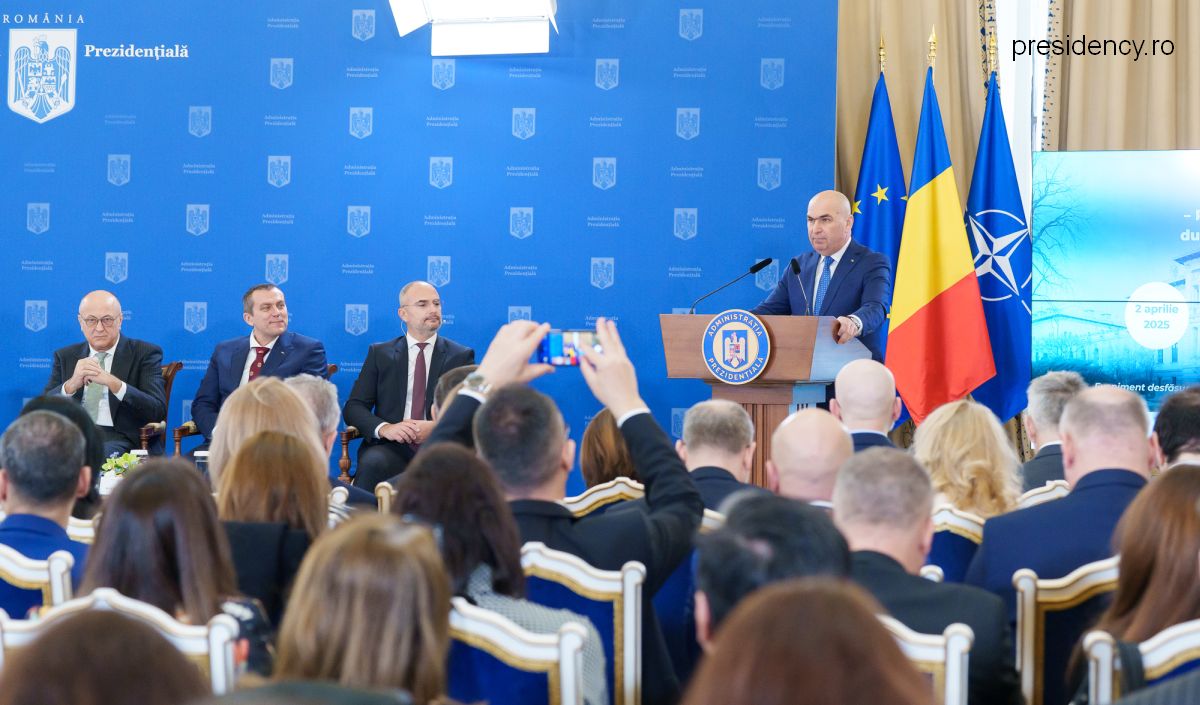Election Problems in Republic of Moldova
Protests against allegedly rigged presidential election gain ground in ex-Soviet Republic of Moldova
Warning: Trying to access array offset on null in /home/web/rri.ro/public/wp-content/themes/rri/template-parts/content.php on line 53

Warning: Trying to access array offset on null in /home/web/rri.ro/public/wp-content/themes/rri/template-parts/content.php on line 98
Bogdan Matei,
15.11.2016, 13:51
Thousands of people on Monday took to the streets of Chisinau to denounce the rigging of Sundays presidential election in favour of its winner, the pro-Russian Socialist Igor Dodon, who got 52% of the votes. Dodons opponent, the pro-European reformer Maia Sandu, who got only 47% of the votes, has already announced her intention to challenge the outcome of the ballot at the Constitutional Court. She has also reiterated her demand for the president of the Central Electoral Committee, Alina Rusu and the Foreign Minister, Andrei Galbur, to hand in their resignations, for the poor management of the election process at the embassies and consulates of the Republic of Moldova.
Maia Sandu: “This election was neither fair nor free. Our opponents used unfair methods: manipulation, lies, dirty money, administrative resources and even the intelligence services. We will use all legal levers to demand that each complaint be examined.
In a press release, the OSCE, which monitored both the campaign and the ballot, says that the funding of the candidates was not transparent and that a lot of voters could not cast their votes because of the shortage of ballots. In turn, Moldovan observers criticise the fact that the voting rights of the Moldovan nationals living abroad were restricted and that voters in the pro-Russian breakaway region of Transdniestr, who were Dodons supporters, were taken to polling stations by bus.
In the meantime, Dodon has imperturbably resumed the favourite topics of his election campaign in an interview with the famous Moscow paper Izvestia. Moldovas shifting its interest to the Russia-Belarus-Kazakhstan Union, a possible referendum to cancel the association and free trade agreement with the European Union and the promise to pay his first visit as head of state to Moscow – all is there in the socialist leaders diplomatic menu.
Experts, quoted by Radio Romanias correspondents in Chisinau, warn that Dodons election as president might spark off turbulence in Moldovas foreign policy and might make it impossible for him to keep his election promises because financial aid comes from the West – the IMF, the World Bank, the European Union – and from neighbouring Romania.
In Bucharest, President Klaus Iohannis has confined himself to saying in a press release that “he took note of the vote cast by the citizens of the Republic of Moldova. He pleads for domestic stability to be ensured, and for reforms and the European accession efforts to be carried on. In turn, the Romanian government hopes that the institutions in the Republic of Moldova will work together to get closer to Europe. Dodons name is not mentioned in either press release. Klaus Iohannis only uses the phrase “the new president of the Republic of Moldova, who, in his opinion, will have to show wisdom and balance in his term in office.






























